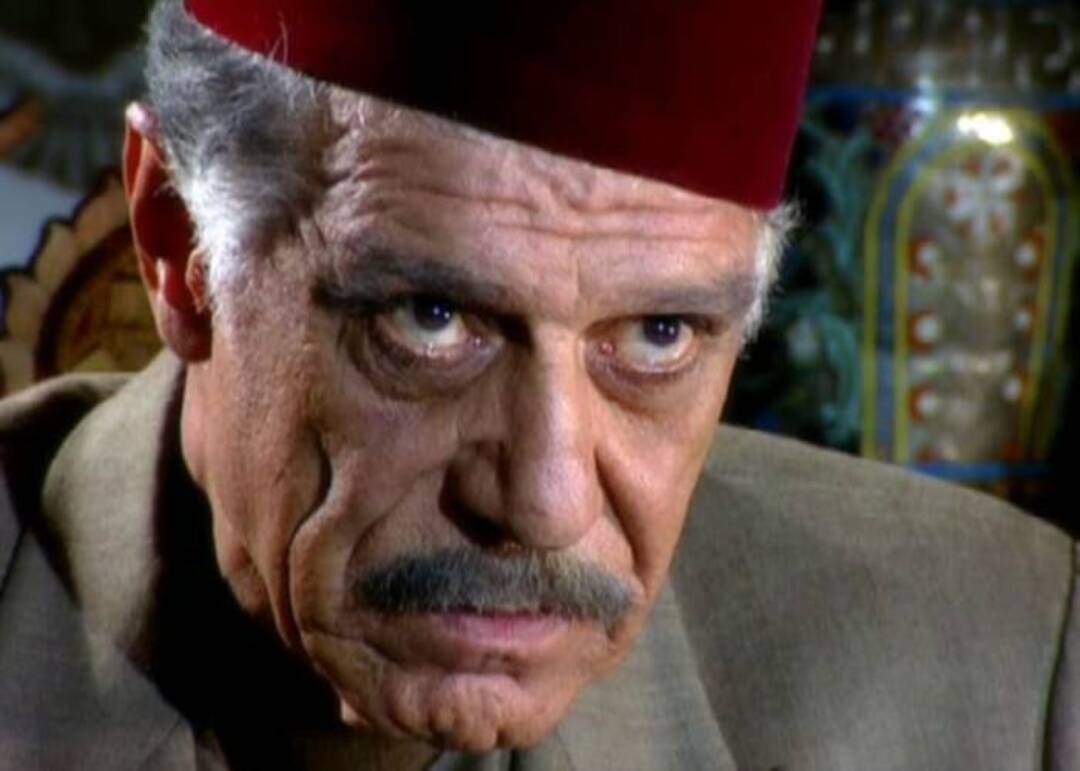-
Al-Rawda Café in Damascus: A Welcoming Gateway for Returnees and Commemorating Artist Khaled Taja

Al-Rawda Café, a historic landmark in the heart of Damascus, has transformed into a vibrant center welcoming Syrians returning to their homeland, featuring receptions characterized by traditional Damascene atmospheres, including music and folk dance. This event witnesses diverse participation from civilians, journalists, artists, intellectuals, and politicians, collectively expressing their welcome to the returnees.
In a special event held recently, Kurdish-Syrian artist Khaled Tajab was honored, known for his bold anti-regime stances and support for the Arab Spring revolutions. This initiative came as a tribute amidst the controversy surrounding his death in 2012, with speculations suggesting he died due to torture in Syrian security branches because of his political positions, although his family denied this, affirming that he passed away from lung cancer.
Celebratory events continue in Damascus, with political and human rights seminars and performances organized at this historic café, which is considered an integral part of the history of Damascene culture.

Established in 1937, Al-Rawda Café represents a cultural and social symbol in Damascus and serves as a primary gathering place for intellectuals and politicians, where they engage in discussions on national and cultural issues.
Khaled Tajab passed away at the age of 73 due to a terminal illness affecting his lungs. He distanced himself from art for 12 years, but these years didn’t deter him from returning with strength and a notable presence in Syrian drama, concluding an artistic journey that spanned nearly half a century, which ended with the return of illness more aggressively than before, leading to his death in April 2012.
Born in Damascus's Rukn al-Din neighborhood in 1939, Khaled Tajab grew up aspiring to achieve something significant in his life. At the age of ten, his ambition was to stand out from his peers and change his ordinary life, which led him to frequent the theaters of Damascus, profoundly influencing his artistic career later on.
Doubt and ambiguity still surround Tajab's death in Damascus due to illness, as Syrians believe that "Tajab" was eliminated in the hospital by regime loyalists due to his early public opposition statements, in addition to his participation in the Damascene intellectual movement in July 2012.
Tags
You May Also Like
Popular Posts
Caricature
BENEFIT Sponsors BuildHer...
- April 23, 2025
BENEFIT, the Kingdom’s innovator and leading company in Fintech and electronic financial transactions service, has sponsored the BuildHer CityHack 2025 Hackathon, a two-day event spearheaded by the College of Engineering and Technology at the Royal University for Women (RUW).
Aimed at secondary school students, the event brought together a distinguished group of academic professionals and technology experts to mentor and inspire young participants.
More than 100 high school students from across the Kingdom of Bahrain took part in the hackathon, which featured an intensive programme of training workshops and hands-on sessions. These activities were tailored to enhance participants’ critical thinking, collaborative problem-solving, and team-building capabilities, while also encouraging the development of practical and sustainable solutions to contemporary challenges using modern technological tools.
BENEFIT’s Chief Executive Mr. Abdulwahed AlJanahi, commented: “Our support for this educational hackathon reflects our long-term strategic vision to nurture the talents of emerging national youth and empower the next generation of accomplished female leaders in technology. By fostering creativity and innovation, we aim to contribute meaningfully to Bahrain’s comprehensive development goals and align with the aspirations outlined in the Kingdom’s Vision 2030—an ambition in which BENEFIT plays a central role.”
Professor Riyadh Yousif Hamzah, President of the Royal University for Women, commented: “This initiative reflects our commitment to advancing women in STEM fields. We're cultivating a generation of creative, solution-driven female leaders who will drive national development. Our partnership with BENEFIT exemplifies the powerful synergy between academia and private sector in supporting educational innovation.”
Hanan Abdulla Hasan, Senior Manager, PR & Communication at BENEFIT, said: “We are honoured to collaborate with RUW in supporting this remarkable technology-focused event. It highlights our commitment to social responsibility, and our ongoing efforts to enhance the digital and innovation capabilities of young Bahraini women and foster their ability to harness technological tools in the service of a smarter, more sustainable future.”
For his part, Dr. Humam ElAgha, Acting Dean of the College of Engineering and Technology at the University, said: “BuildHer CityHack 2025 embodies our hands-on approach to education. By tackling real-world problems through creative thinking and sustainable solutions, we're preparing women to thrive in the knowledge economy – a cornerstone of the University's vision.”
opinion
Report
ads
Newsletter
Subscribe to our mailing list to get the new updates!






















